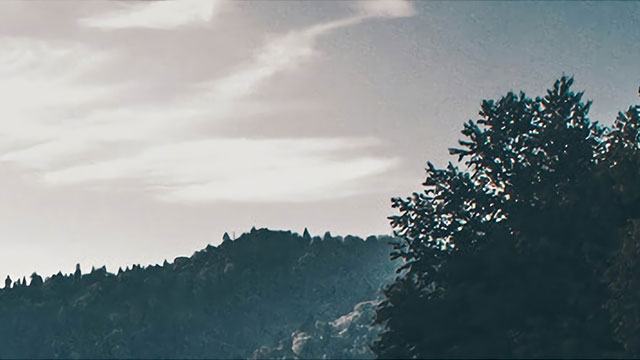The Art of Empty-handed Combat: A Deep Dive into Karate,Mastering the Void: The Essence of Karates Empty-handed Combat
- 养殖致富
- 2024-12-30 20:12:05
- 293

This article delves into the essence of Karate, exploring the art of empty-handed co...
This article delves into the essence of Karate, exploring the art of empty-handed combat. It highlights the discipline, physical prowess, and mental focus required to master this ancient martial art, emphasizing its evolution and the Importance of self-defense techniques.
In the realm of martial arts, there exists a discipline that emphasizes the art of empty-handed combat, a practice that has captivated the world for centuries. Known as Karate, this Japanese martial art translates to "empty hand" in English, reflecting its core philosophy of using one's body as a weapon without the aid of any external tools. This article delves into the rich history, techniques, and principles of Karate, exploring why it remains a revered form of self-defense and physical discipline.
The Origins of Karate
The history of Karate is shrouded in mystery, with various theories attributing its birth to different regions and periods. Some historians believe that Karate originated in Okinawa, Japan, during the 16th and 17th centuries, as a response to the lack of weapons among the local population. Others suggest that it was influenced by Chinese martial arts, particularly the southern styles that were introduced to Okinawa through trade and diplomacy.
Regardless of its exact origins, Karate quickly gained popularity and evolved into several distinct styles, each with its own unique techniques and philosophies. These styles include Shorin-Ryu, Goju-Ryu, Uechi-Ryu, and Shotokan, among others, each offering practitioners a different approach to the art.
Techniques and Training
Karate is a comprehensive martial art that encompasses a wide range of techniques, including strikes, blocks, kicks, and grappling. The most iconic of these are the strikes, which are delivered with powerful punches, elbows, knees, and open-hand techniques known as "kicks."
Training in Karate is rigorous and requires dedication. Practitioners begin with fundamental exercises such as stance training, breathing exercises, and physical conditioning. These exercises help to develop strength, flexibility, and coordination, which are essential for executing advanced techniques.
One of the hallmarks of Karate training is the practice of kata, which are prearranged sequences of movements that simulate combat scenarios. Kata serve multiple purposes: they help to teach proper form and technique, improve muscle memory, and provide a way for practitioners to focus their energy and meditate.
The Philosophy of Karate
Karate is not merely a form of self-defense; it is a way of life that emphasizes discipline, respect, and self-improvement. The principles of Karate are often summarized by the "Dojo Kun," a set of guidelines that practitioners strive to embody:
1、Seek Perfection of Character
2、Be Patient
3、Endure Hard and Strive
4、Respect Others
5、Refrain from Violent Behavior
These principles guide practitioners in their daily lives, encouraging them to be humble, self-controlled, and compassionate individuals.
Modern Karate
Today, Karate has become a global phenomenon, with millions of practitioners worldwide. It has also evolved to include various competitive aspects, such as kata competitions and sparring matches. While the competitive side of Karate can be intense and physically demanding, it also serves as a platform for practitioners to showcase their skills and dedication.
The International Karate Federation (IKF) is the largest international organization governing Karate, overseeing competitions and establishing rules and regulations. The World Karate Federation (WKF) is another prominent organization that focuses on the sport of Karate and its development.
Conclusion
Karate, with its rich history and profound philosophy, continues to be a source of inspiration and discipline for millions of people around the world. Whether practiced for self-defense, physical fitness, or spiritual growth, Karate offers a unique path to personal development and self-mastery. As practitioners continue to train, compete, and share the art of empty-handed combat, Karate will undoubtedly remain a vital and vibrant part of the martial arts landscape for generations to come.
本文链接:https://www.elins.cn/?id=116695